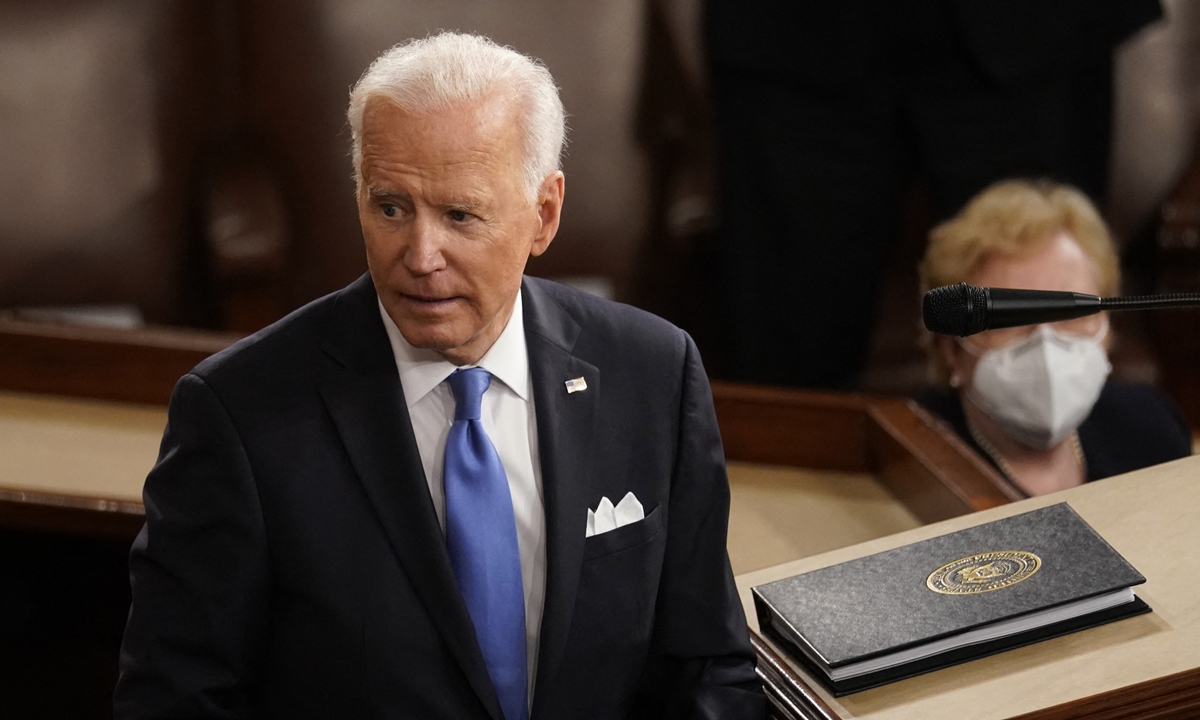
Should We Thank the US for Late Aid to India?
Meanwhile, U.S. allies such as the U.K., France and Germany also announced on Sunday that they would provide support to India, which gives the impression that there was coordination between these countries and Washington.
Many people in India are complaining that U.S. aid has come too late, and what's more, that this aid is mostly just posturing. To India, a few hundred oxygen concentrators is like pouring a glass of water on a forest fire. Right now, India needs several thousand oxygen machines, or even several hundred thousand. U.S. National Security Advisor Jake Sullivan said that the U.S. would immediately provide India with the core materials it needs to produce vaccines, but whether the U.S. exports those materials to India without restrictions or retains a certain amount, execution will be a challenge.
Biden's approval rate for his first 100 days in office polled at 52%, which is quite low; it's the third lowest of any U.S. president since 1945, only higher than Donald Trump and Gerald Ford. He's faced with enormous pressure from the Republican Party and parts of the Democratic Party. “America First” has become deeply rooted in the country's value system, and he is not quite willing to brush up against that red line.
There are two main causes that have led to the United States' selfish strategy. The first is that this is the nature of the U.S. system; it aggregates and amplifies individual selfishness and there is no collective check or balance against this selfishness. The second reason is that the strength of the United States has diminished, and it can't match its desire to act in a global leadership role. India has a supersized population; if the U.S. hopes to lead India in the long term, it will require many more resources than it would take to lead another of its allies.
An unhealthy fact of this global pandemic is that science and humanitarianism have been unable to truly guide the outbreak on an international scale. Meanwhile, there is the constant presence of geopolitics, which have frequently interfered with, and even dominated the pandemic. The situation in India is dire, but unfortunately, there are geopolitical threads in the news that still surround the pandemic’s outbreak.
COVID-19 patients are dying in droves, but some people are still arguing over which country's aid India should accept, and what that would mean for international relations in the future.
Above all, we hope that India brings its outbreak under control as soon as possible, because when it comes to fighting the pandemic, the outcomes for all humanity are tied together. India being a large country, the unchecked spread of the pandemic there inevitably puts other countries at greater risk. What's more, the way India manages a soft landing while minimizing loss of life may serve as a model for other developing countries.
The viral variants present in India seem very capable of spreading like wildfire when the height of summer arrives, a possibility which deserves the extreme vigilance of other countries. India's tsunamic outbreak shows us that this fight against the COVID-19 pandemic is like a protracted world war, and that there may very well be many unexpected battles and conflicts that await us. We must not be careless.
Countries that have a greater ability to combat the pandemic must assume greater responsibility. It's critical that the U.S. joins this list. The U.S. has previously made almost no positive contribution to the global fight against the pandemic; one might consider the aid it's now giving India as its first act of service. We hope this is a turning point for Washington. In the past, the U.S was a serious burden to the global community during the pandemic; from here forward, the U.S. should actively and consciously make up for it.
Since last year, the COVID-19 pandemic has challenged countries around the world like never before, causing unbelievable death and economic damage. However, the national security projects of certain countries are still employing traditional thinking, which is, at the very least, a strategic misalignment. It must be said that the U.S. has been very misleading when it comes to others in this regard. That is to say, if the U.S. is drunk, then I'm afraid it will be hard for many countries to sober up on their own.

/cloudfront-us-east-1.images.arcpublishing.com/tgam/ERJ7LWQKLROB3NGLKPATIZB4OA.jpg)
